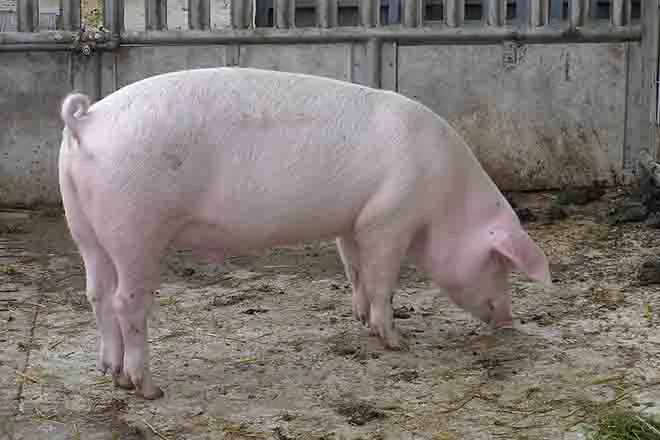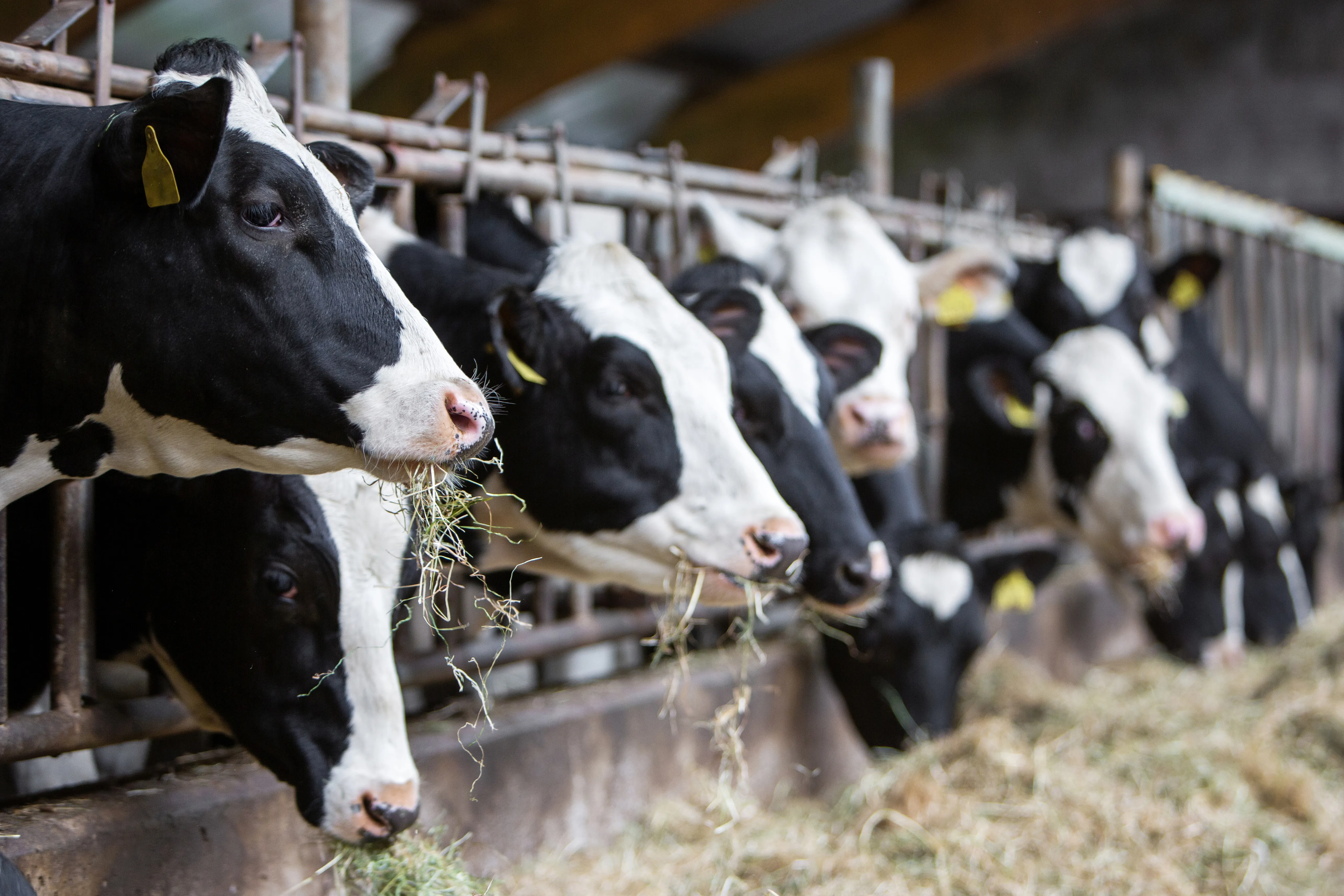
Colorado Farmers Call on Senate to Pass National GMO-Labeling Standard
With less than two weeks left for the U.S. Senate to act before Vermont’s GMO-labeling mandate takes effect and the negative consequences spread across the nation, Colorado leaders called on U.S. Senators Michael Bennet and Cory Gardner to urge Senate leadership to bring a bipartisan solution to the Senate floor for a vote.
“There is not a more urgent issue currently facing the farming community in Colorado,” said Brent Boydston with the Colorado Farm Bureau. “Our leaders in Washington need to find a solution that will pass with bipartisan support. They’ve had plenty of time to talk through all the issues, now it’s time to get something done for Colorado family farms and small businesses.”
July 1, Vermont will become the first state to implement its own GMO-labeling mandate. Food and agricultural groups have been voicing concern for the last two years that such a standard would do significant damage to the country’s integrated national food chain, limiting consumer choice, increasing labeling uncertainty and raising food prices for all Americans as a result. A study released earlier this year by the Corn Refiners Association found that American families could see their food bills rise by as much as $1,000 annually.
In November 2014, Colorado voters overwhelmingly opposed a ballot initiative that would have created a law similar to Vermont’s, rejecting the negative consequences associated with a patchwork of state labeling laws. But now, if the U.S. Senate fails to pass a bill setting a national standard instead of state-by-state laws, the costly impacts of Vermont’s law could spread to Colorado anyway. This would create tremendous uncertainty for Colorado’s agricultural industry, which supports $41 billion in economic activity and nearly 175,000 jobs.
Farmers across Colorado rely on agricultural biotechnology, a scientific advancement that has been proven safe time and again – most recently by an extensive review by the National Academy of Sciences released last month. Farmers are concerned that on-pack GMO labels will be used by activists to mislead consumers and drive the technology from the market, something activists openly admit is their ultimate goal and has taken place in Europe.
With 93 percent of the corn grown in Colorado genetically modified, turning back the clock would raise prices significantly for farmers, food companies, and ultimately, consumers.
“Farmers do their jobs every day. We grow abundant, safe food that’s affordable for American consumers, and we do it as stewards of our natural resources, helping protect the environment,” said Mark Sponsler, executive director of Colorado Corn. “Now it’s time for the Senate to step up and do its job. It doesn’t make any sense for Vermont, a state of only 600,000 people, to be dictating a harmful policy to Colorado and to the rest of a nation of more than 300 million people. We need a national solution, and we need Congress to make that happen now.”













